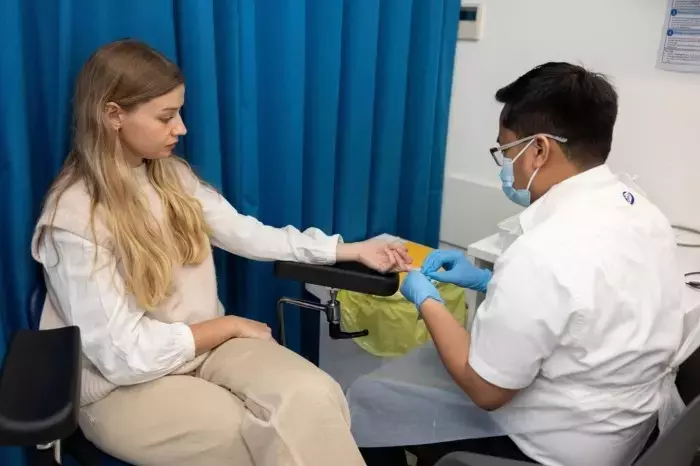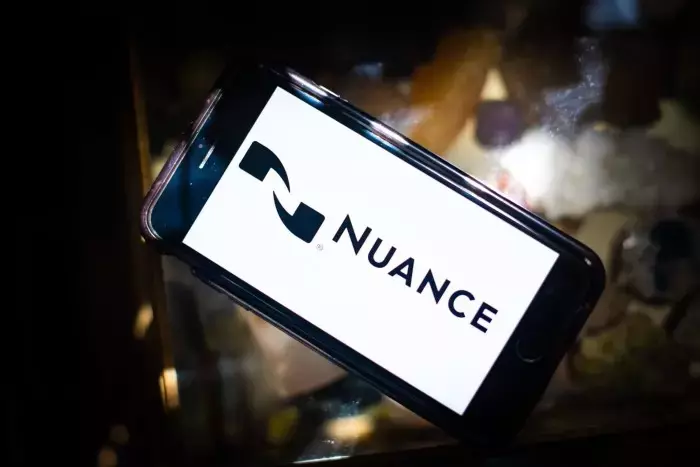



Transforming Medicine with Cutting-Edge Technology
The integration of AI into medical practices marks a pivotal moment in healthcare innovation. Physicians can now focus more on patients rather than paperwork, thanks to advanced tools that automate documentation. However, this revolution comes with challenges, including concerns about data privacy and the potential for AI-generated inaccuracies.
Pioneering Start-Ups Lead the Way
Several start-ups have emerged as frontrunners in developing AI-driven solutions for healthcare professionals. Companies such as Nabla, Heidi, Corti, and Tortus have attracted substantial funding from prominent investors, including Khosla Ventures and Entrepreneur First. These ventures raised a staggering $800 million in 2024, nearly doubling the $390 million secured in 2023. This influx of capital reflects growing confidence in the transformative potential of AI within the medical field.
French tech billionaire Xavier Niel has also thrown his support behind these initiatives, recognizing the vast opportunities presented by AI in healthcare. His backing underscores the industry's belief that AI can significantly reduce administrative burdens and improve clinical outcomes. The competition among start-ups is fierce, with each company striving to offer superior features and reliability.
Big Tech Giants Make Strategic Moves
The involvement of major tech corporations has accelerated the development and adoption of AI-powered tools in healthcare. Microsoft, which acquired AI speech recognition leader Nuance for nearly $20 billion in 2022, has launched its DAX Copilot tool. This innovative product leverages large language models and speech recognition to auto-generate transcripts of patient visits, highlighting medically relevant details and creating concise clinical summaries.
Amazon and Oracle have similarly introduced AI co-pilots aimed at streamlining physician workflows. These tools are designed to cut down on the time spent on administrative tasks, allowing doctors to dedicate more attention to patient care. According to a Mayo Clinic study, physicians typically spend one-third of their workday on paperwork. With AI assistance, this figure could be drastically reduced, enhancing both productivity and patient engagement.
Real-World Impact: A Physician’s Perspective
Harpreet Sood, a primary care physician based in South London, has firsthand experience with AI note-taking apps. Over the past 15 months, he has been testing French start-up Nabla’s application, which utilizes Whisper, a transcription tool developed by OpenAI. Sood notes that traditional note-taking can consume up to two hours of a full-day clinic, involving around 40 patients. With AI assistance, he saves approximately 3-4 minutes per consultation, making a substantial difference in daily efficiency.
Sood emphasizes the cognitive relief provided by AI tools. By minimizing the need to multitask between listening and writing, doctors can focus more on patient interactions, body language, and nuanced communication. “You can be more present during consultations, really understanding what the patient is saying,” Sood explains. Despite the benefits, he acknowledges the importance of reviewing AI-generated notes for accuracy, ensuring that any potential errors are corrected.
Challenges and Considerations
While the promise of AI in healthcare is immense, it is not without challenges. Researchers at Cornell University and the University of Virginia have highlighted concerns about AI-generated fabrications, or "hallucinations," which can pose serious risks in medical settings. Their analysis of thousands of Whisper-generated transcript snippets revealed that roughly 1 percent contained entirely fabricated phrases or sentences, with about 40 percent of these hallucinations including harmful content.
Data privacy remains another critical issue. As AI systems process sensitive patient information, ensuring robust security measures is paramount. Healthcare providers must balance the benefits of AI with stringent safeguards to protect patient confidentiality. Despite these challenges, the momentum behind AI in healthcare continues to grow, driven by the potential to revolutionize clinical practices and patient care.
